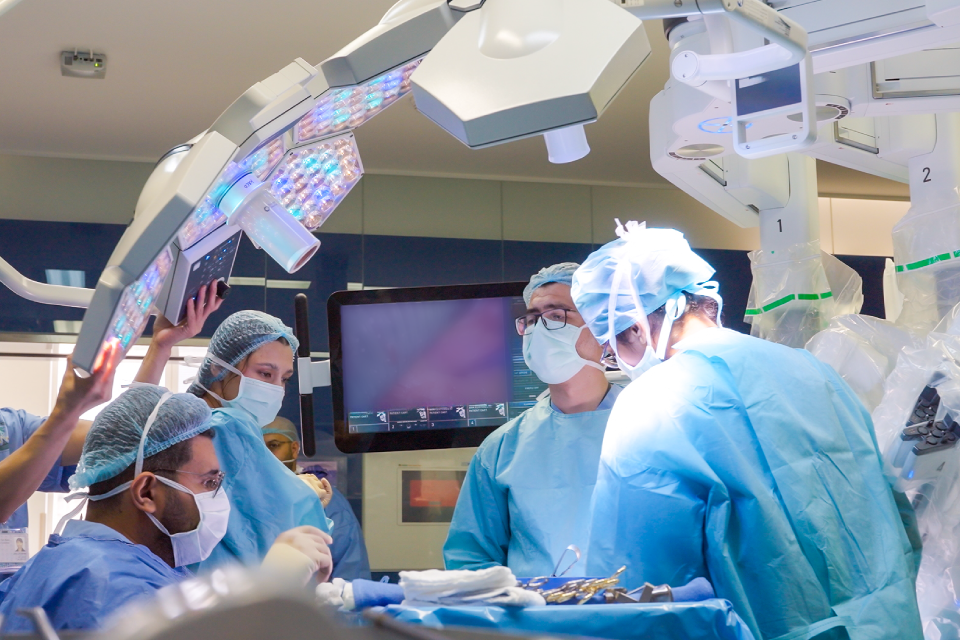Immunic, Inc. (Nasdaq: IMUX), a biotechnology company developing a clinical pipeline of orally administered, small molecule therapies for chronic inflammatory and autoimmune diseases, today announced that it has received a Notice of Allowance from the United States Patent and Trademark Office (USPTO) for patent application 17/992,162, entitled, “Compounds and Dosage Regimen for Use in the Prevention or Treatment of Chronic Inflammatory and/or Autoimmune Diseases.”
Specifically, the resulting patent covers dosing regimens associated with lead asset, vidofludimus calcium (IMU-838), and other salt forms as well as free acid forms for the treatment of multiple sclerosis (MS), including all regimens tested in the company’s MS clinical program. The patent is expected to provide protection into 2038, and, if additional Patent Term Extension is granted, may offer up to 14 years of market exclusivity in the United States upon the drug’s potential approval. The patent was previously granted to the company in Japan and certain other countries. This patent adds on the recently received notice of allowance for patent application 17/391,442, claiming treatment of relapsing MS (RMS) with specific dose strengths.
Daniel Vitt, Ph.D., Chief Executive Officer and President of Immunic…..
“Coming on the heels of the recently granted dose strength patent for vidofludimus and its salts for the treatment of RMS, granting of this next fundamental patent in the United States, Japan and other countries is a critical achievement and helps to significantly strengthen the multiple layers of protection we have built around vidofludimus calcium,” stated. This patent for dosing regimens in MS patients covers all salt and free acid forms of vidofludimus and links the expected label with respective patent claims. Going forward, we expect to continue to expand the layers of patent protection around vidofludimus calcium, in order to extend the exclusivity period upon its potential regulatory approval.”
Vidofludimus calcium is covered by several layers of granted patents in the United States, Europe and other jurisdictions around the world. These patents are directed towards composition-of-matter for salt forms of vidofludimus calcium, including the specific salt form used in Immunic’s clinical trials; the treatment of RMS with a specific dose strength used in the clinical trials; as well as the dosing regimens, including those used in clinical trials for the treatment of MS, as reported in this announcement. In the United States, these patents provide protection into 2041, unless extended further. In addition, pending applications are directed towards composition-of-matter of a specific polymorph of vidofludimus calcium and a related method of production of the clinical material; as well as the use of vidofludimus calcium and other salt forms as well as free acid forms for treating neurodegenerative diseases. If granted, these applications could provide protection up to 2044, unless extended further. Finally, further undisclosed patent applications dedicated to strengthening the exclusivity period are currently in process. On top of the patent exclusivity, vidofludimus calcium, as a new chemical entity, should also benefit from regulatory data protection.
About Vidofludimus Calcium (IMU-838): Vidofludimus calcium is a small molecule investigational drug in development as an oral next-generation treatment option for patients with multiple sclerosis and other chronic inflammatory and autoimmune diseases. The selective immune modulator activates the neuroprotective transcription factor nuclear receptor related 1 (Nurr1), which is associated with direct neuroprotective properties. Additionally, vidofludimus calcium is a known inhibitor of the enzyme dihydroorotate dehydrogenase (DHODH), which is a key enzyme in the metabolism of overactive immune cells and virus-infected cells. This mechanism is associated with the anti-inflammatory and anti-viral effects of vidofludimus calcium. Vidofludimus calcium has been observed to selectively act on hyperactive T and B cells while leaving other immune cells largely unaffected and enabling normal immune system function, e.g., in fighting infections. To date, vidofludimus calcium has been tested in more than 1,400 individuals and has shown an attractive pharmacokinetic, safety and tolerability profile. Vidofludimus calcium is not yet licensed or approved in any country.


